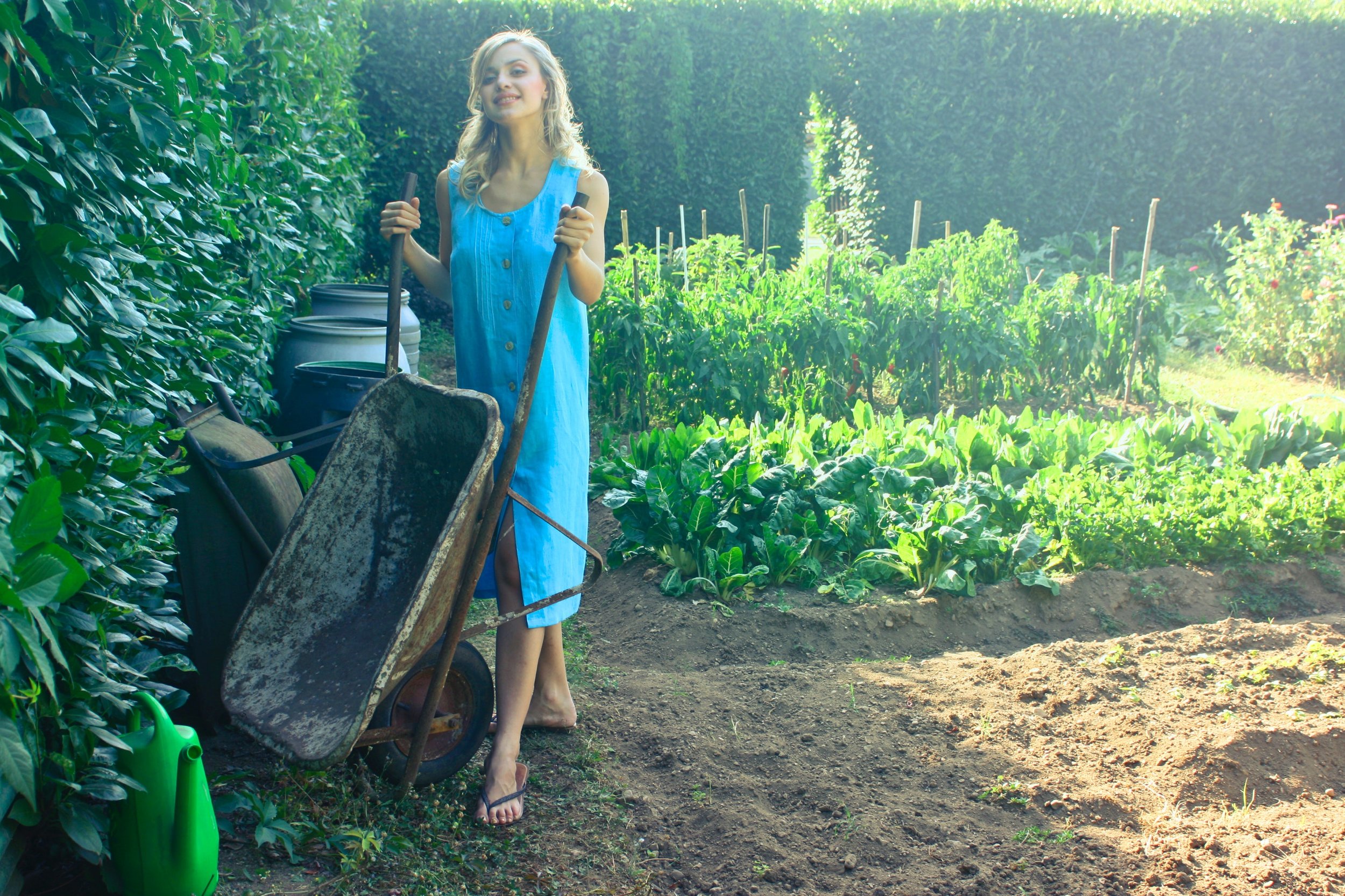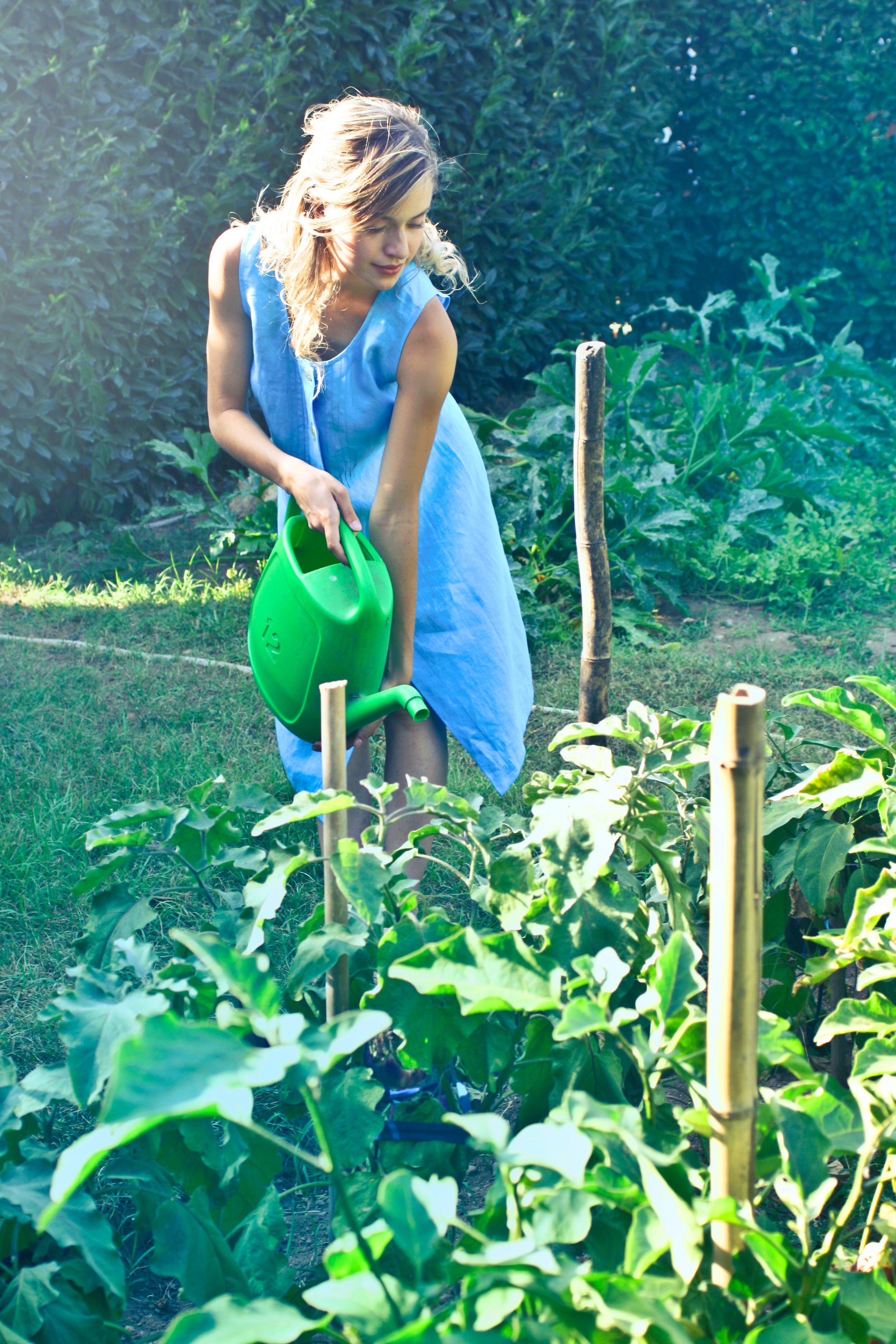Creating an organic, self-sustaining urban “agrihood:”
In 2016, an urban neighbourhood in Detroit set up America’s first organic, self-sustainable neighbourhood, providing fresh and healthy, homegrown food for the community.
The garden is two acres in size and grows over 300 organic varieties of vegetables, from chromatic orange carrots to zesty green spinach. Alongside this, it has an orchard of 200 fruit trees, including magenta coloured plums, blooming red cherries and juicy pears. From this vast array of earth’s treats, 2000 homes in the area, as well as local restaurants and markets are provided with fresh produce each season.
The simple idea of an agrihood is the creation of a unique neighbourhood that is planned and built, specifically focused on the idea that fresh food is grown to fuel the community, by the community.
This farm-to-table living isn’t a new idea and with people’s growing desire to seek out local produce, urban agrihoods are only growing more popular. Agrihoods are a perfect solution for the worldwide environmental problem of fruit and vegetables travelling hundreds or thousands of kilometres to end up plastic-wrapped in supermarkets, then journeying further to eventually reach our cupboards and refrigerators. If organic produce is right outside our doors, we can reduce our carbon footprint, saved from commuting to the nearest supermarket with this sustainable food shopping alternative.
Furthermore, many agrihoods boast other environmental positives, such as the use of composting, being powered by solar panels and the collection of rain as irrigation for the garden.
Another agrihood about to bloom, called Miralon in Palm Springs, was once an 18-hole golf course, whch drained water resources in the desert climate. It is now covered with over 7000 olive trees, with walking tracks, community gardens and new residences in development.
A similar idea to agrihoods is community gardens. These are grown throughout New Zealand and are the perfect place where you can reap what you sow. The programme ‘Garden to Table’ is also popping up around primary schools, where children are taught to grow, harvest, make, bake and share tasty food with each other and their families.
The benefits of having a community garden or living within an agrihood are numerous. It provides access to seasonal produce, and is easily affordable. They help people in low-income areas to get healthy food and it is a cooperative and actively engaging environment where you can meet, interact and spend valuable time with your neighbours, forming new friendships and positively increasing your quality of life.
Community agrihoods also nurture a connection between people, the food they eat, and the earth which produces these nutrients. When your community’s identity is rooted in the concept of growing its own food, your daily life is centred around eating and living healthy. Through providing ‘green space’ to your suburb, you’re instantly increasing the wellbeing of your community members as they have a place to relax and escape to, reaping the health benefits of being in nature. You are encouraged each day to get outside, help out, breathe in some fresh air and sit in the sunshine. The Michigan Urban Farming Initiative - the volunteer not-for-profit organisation which created the argi-hood in Detroit - said agrihoods “empower urban communities” through using sustainable agriculture.
You do not have to live in a housing community built as an “agrihood” to sow the benefits of a communal garden either - you can get involved on the smaller scale, but just as wonderful, community gardens. Firstly, contact your local council to see if there are any community gardens already in place. If so, get involved and volunteer with its upkeep and in turn be rewarded by fresh, locally grown produce. If there is no community garden - do some research, gather some support and make a proposal to take over an empty lot and make one! There are so many resources online such as this, which can help guide you on where to start.
On an even smaller scale, you can make your own vegetable or herb garden and share your produce with your neighbours.
Agrihoods and community gardens turn the area you live within into a community, where you can have fun and share in the responsibility and rewards that come from looking after your shared garden, making a positive impact - not only on the environment - but also on your life too.
Are there any agrihoods or community gardens in your city?





